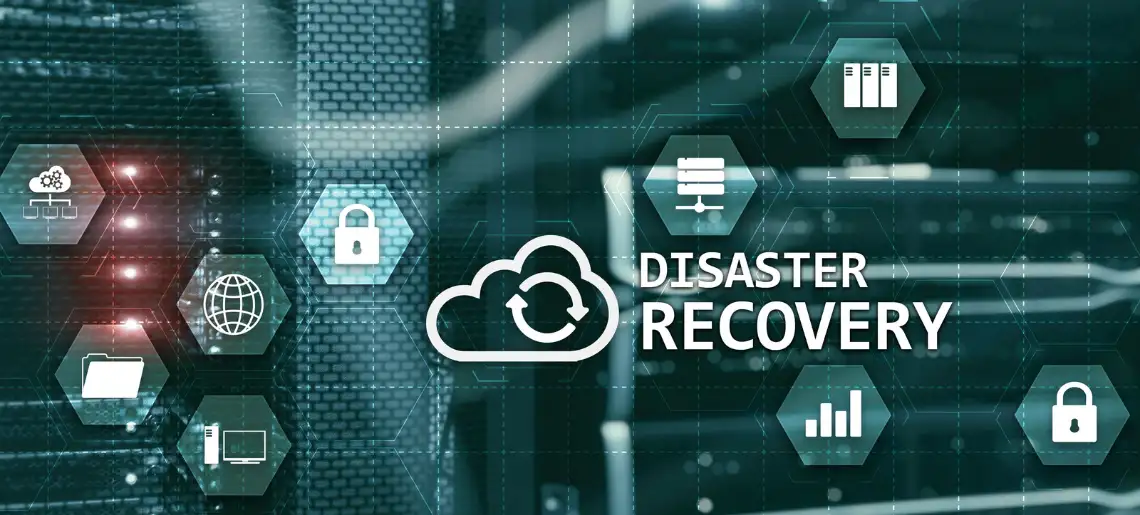
Disaster Recovery Call Center
A disaster recovery call center is a specialized type of call center that is designed to help businesses maintain continuity of operations in the event of a natural disaster, technological outage, or other unexpected event that disrupts normal business operations. The primary goal of a disaster recovery call center is to ensure that critical communications can continue uninterrupted, and that customers receive the support and assistance they need, even during a crisis. Disaster recovery call centers may use a variety of strategies, such as geographically distributed call centers, cloud-based infrastructure, backup power and communications systems, and emergency call scripts, to ensure that they can continue operating even in the face of unexpected events. By using a disaster recovery call center, businesses can minimize the impact of a disaster on their operations and maintain critical communications and support services, building trust with their customers even in difficult circumstances.
Disaster recovery call centers use a variety of strategies to ensure continuity of operations during a crisis. These may include:
- Geographically distributed call centers: Businesses may maintain call centers in multiple locations, so that if one location is affected by a disaster, calls can be rerouted to another location.
- Cloud-based infrastructure: By using cloud-based technologies, businesses can store customer data and applications remotely, so that they can be accessed from any location with an internet connection.
- Backup power and communications systems: To ensure that call centers can continue operating during a power outage or other disruption, businesses may install backup generators, satellite communications systems, or other redundant technologies.
- Emergency call scripts: Call center agents may be trained to follow emergency call scripts that are designed to provide critical information and support to customers during a disaster.
By using a disaster recovery call center, businesses can minimize the impact of a disaster on their operations and their customers, and ensure that they are able to maintain critical communications and support services even in the face of unexpected events. This can help businesses build trust with their customers and maintain their reputation even in difficult circumstances.

